

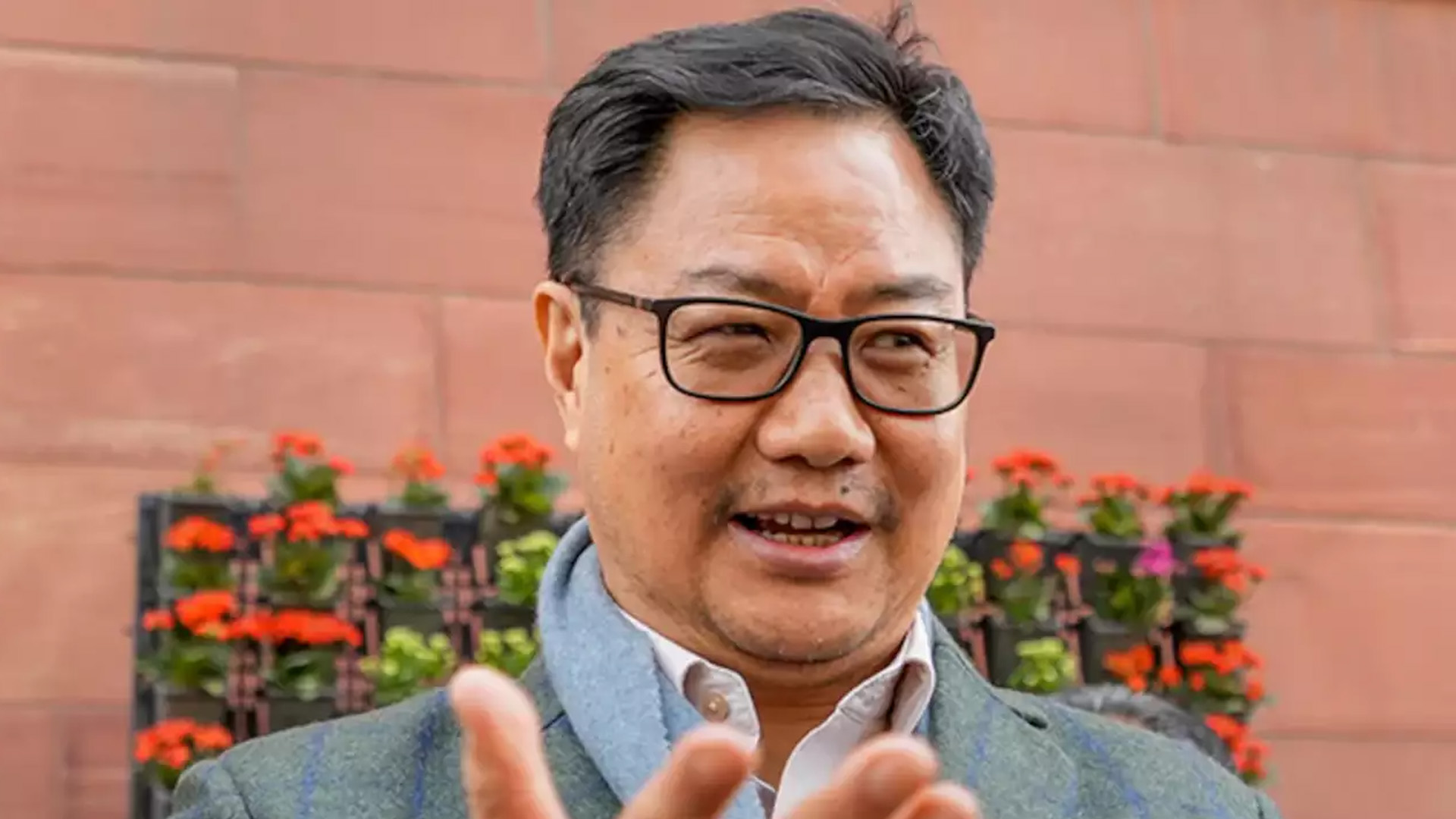
During a Constitution debate in the Lok Sabha, Union Minister Kiren Rijiju criticized the Opposition for claiming that India does not protect minority rights. He emphasized that not only does India provide legal protection to minorities, but it also implements affirmative action for their welfare. Rijiju went on to quote BR Ambedkar, alleging that former Prime Minister Nehru prioritized Muslim rights over those of Scheduled Castes.
India's Constitutional Safeguards for Minorities: A Focus on Muslim and Scheduled Caste Rights
India's Constitution guarantees equal rights and protection for all citizens, regardless of their religion, caste, or creed. However, debates have persisted over the adequacy of these safeguards, particularly for minority communities.
Background
The Indian Constitution was drafted by the Constituent Assembly in the aftermath of India's independence in 1947. The assembly was deeply influenced by the principles of equality and non-discrimination.
Article 14 of the Constitution guarantees equality before the law and prohibits discrimination based on religion, race, caste, sex, or place of birth. Article 15 specifically prohibits discrimination based on caste and provides for affirmative action measures to promote the welfare of disadvantaged groups, including Scheduled Castes and Tribes.
Recent Debate
During a recent debate in the Lok Sabha, Union Minister Kiren Rijiju criticized the Opposition for claiming that India does not protect minority rights. He highlighted the legal protections provided to minorities and the implementation of affirmative action programs.
Rijiju also referred to remarks made by former Prime Minister Jawaharlal Nehru in the Constituent Assembly, where Nehru had stated that the protection of Muslim rights was essential for India's unity. However, Rijiju alleged that Nehru had prioritized Muslim rights over those of Scheduled Castes.
Top 5 FAQs
1. What are the specific legal protections provided to minorities in India?
2. What is affirmative action, and how does it benefit minorities?
3. Did Nehru prioritize Muslim rights over Scheduled Caste rights?
4. What are the challenges faced by minorities in India?
5. What is the government's role in ensuring minority rights?
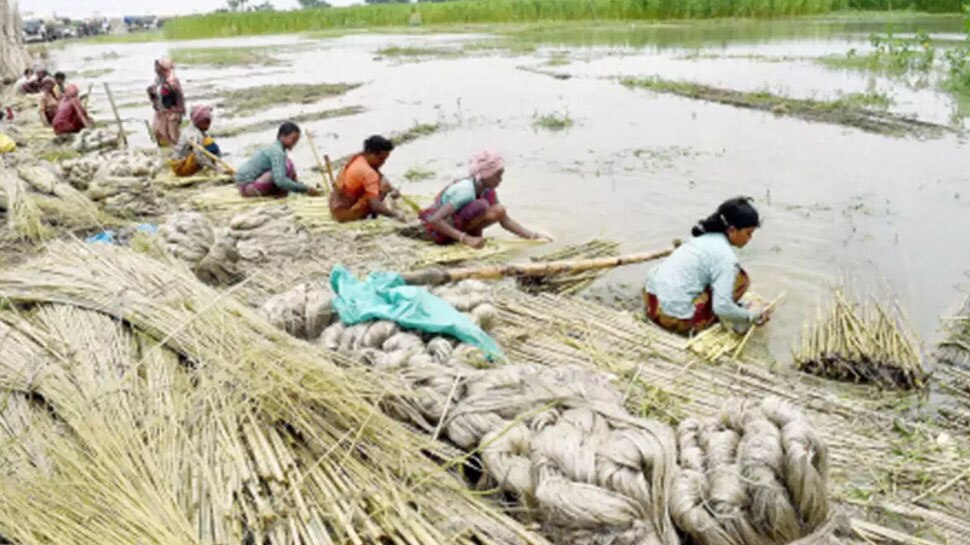
The Union Cabinet has approved an increase in the Minimum Support Price (MSP) of raw jute for the 2025-26 marketing season, providing a 66.8% return over the average cost of production. This move aims to benefit jute farmers and promote sustainable agricultural practices. In addition, the Cabinet also approved the continuation of the National Health Mission (NHM) for another five years.
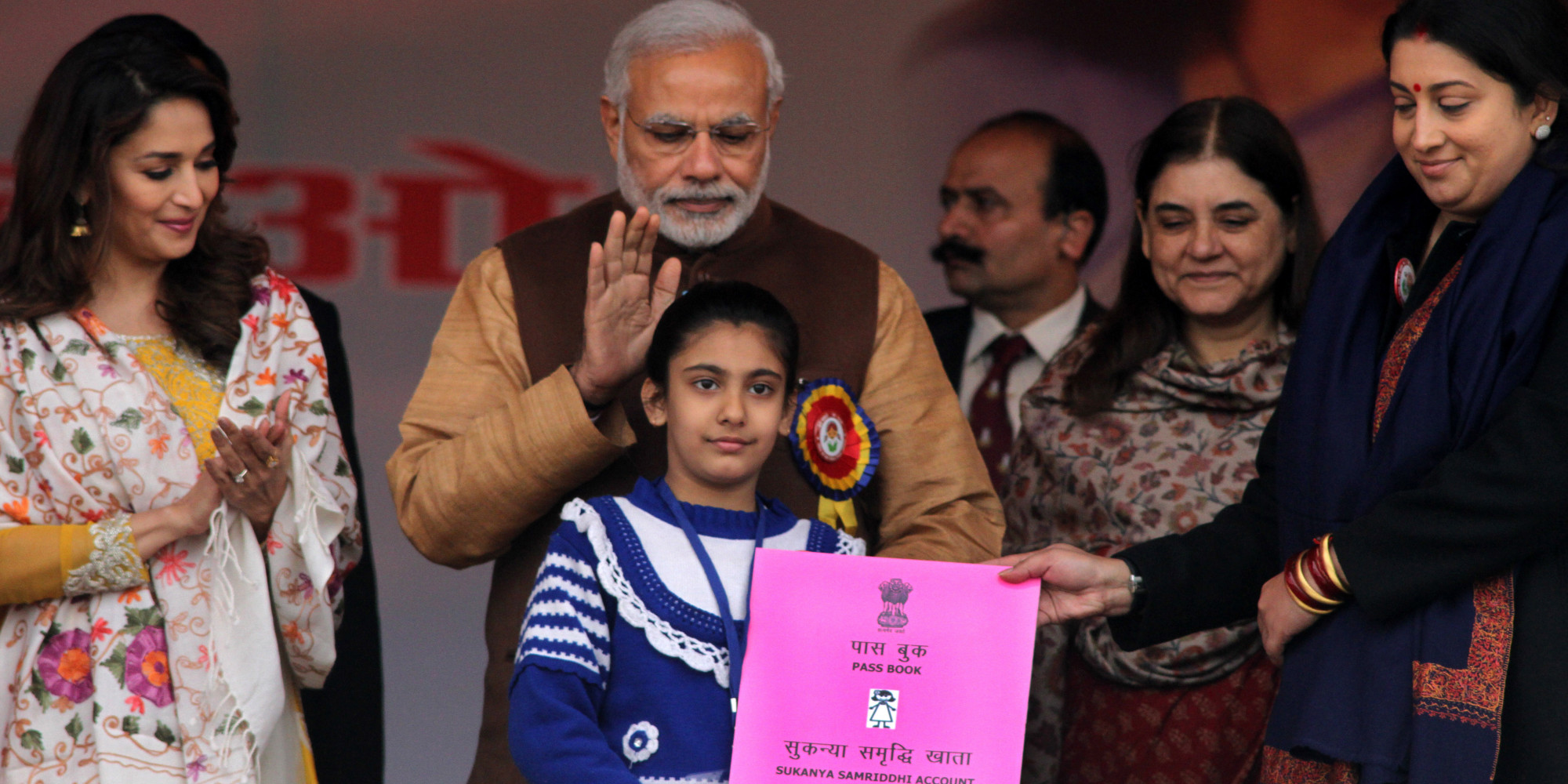
As the Beti Bachao Beti Padhao (BBBP) initiative completes 10 years, PM Modi praises its success in empowering girls and achieving gender equality. The initiative, which aims to promote education and prevent gender-biased sex-selective elimination, has seen significant improvements in child sex ratios in previously low performing districts. PM Modi credits the efforts of various communities and organisations for this progress and urges continued commitment towards creating a society where girls can thrive without discrimination.

United States President Donald Trump stirs controversy once again as he announces a "full and unconditional" pardon for Ross Ulbricht, the founder of the infamous dark web marketplace, Silk Road. Trump credits the Libertarian Movement for his decision, praising them for their support during his presidency. He also takes a jab at his political opponents, accusing them of being involved in Ulbricht's conviction. This move raises questions about the president's motives and his stance on illegal activities in the digital world.

At the 'Gandhi Bharat' event, Congress President Mallikarjun Kharge lauded Priyanka Gandhi Vadra, likening her to iconic freedom fighters such as Kittur Rani Chennamma and 'Jhansi Ki Rani' Lakshmi Bai. He also accused Union Home Minister Amit Shah of disrespecting the Indian Constitution and B R Ambedkar, to which Shah responded by denying the claims. Kharge used the event as an opportunity to criticize the BJP's manipulation of history and discriminatory actions towards marginalized communities.
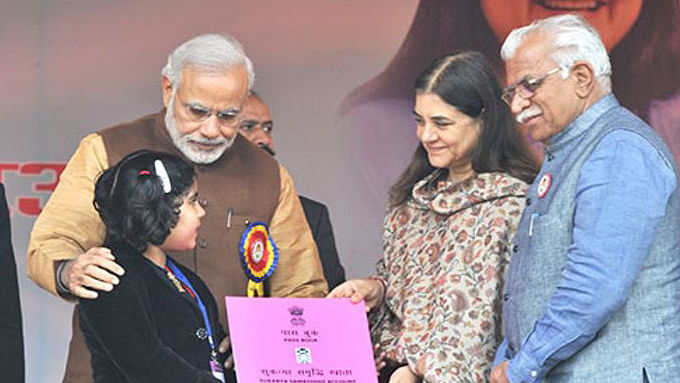
Prime Minister Narendra Modi took to social media platform X to reflect on the transformative impact of the Beti Bachao Beti Padhao (BBBP) movement, which has completed a decade since its launch. Noting the initiative's achievements in promoting gender equality and providing education opportunities for girls, he credited its success to the dedication of communities and organizations nationwide. PM Modi also urged continued commitment to empowering India's daughters and highlighted the integration of BBBP with Mission Shakti, a comprehensive programme for women's safety and empowerment.

Donald Trump's second term as president began with a clear focus on his MAGA base. He declared a break with global multilateralism and pardoned nearly all of the rioters who stormed the Capitol to overturn the 2020 election. Immigration was the main theme of Trump's speeches and executive orders on Day 1, and his actions will especially impact children of temporary Indian workers in the US. Trump also promised a review of US trade policies and could impose a universal tariff on all imports.
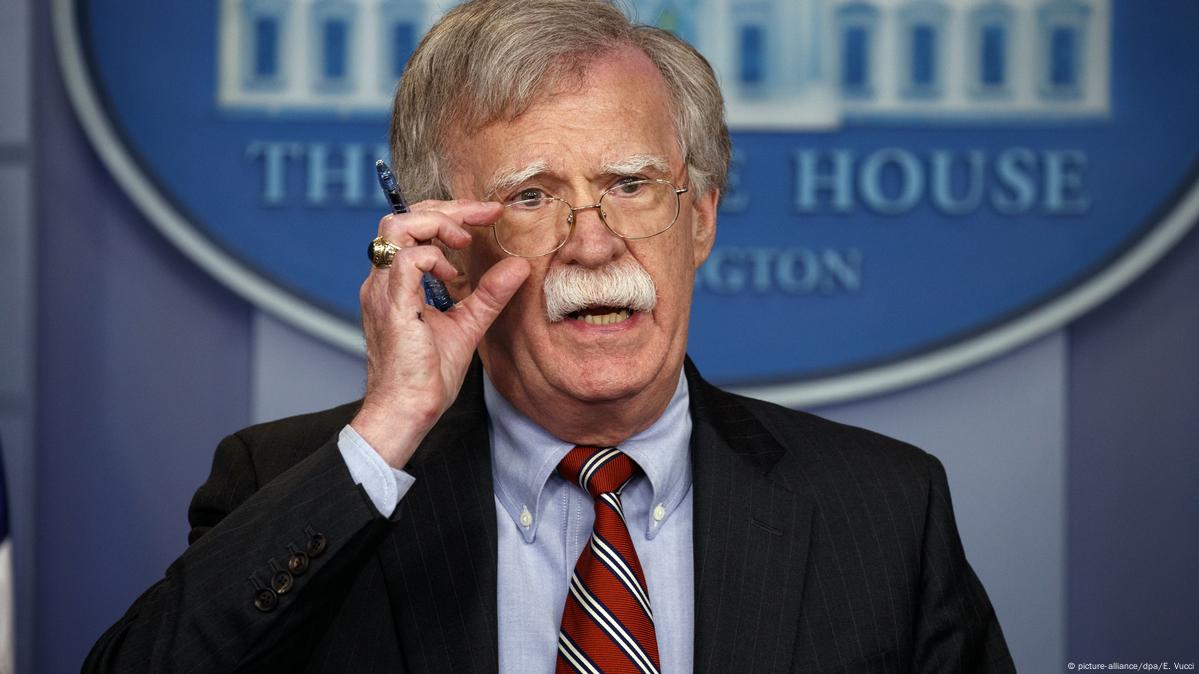
After former President Trump revoked his Secret Service protection, former National Security Advisor John Bolton condemned the move as a sign of weakened charges against Trump. Despite past threats from Iran, Biden had granted Bolton a security detail in 2021, but Trump removed it after his inauguration. Bolton also reminded the public of the 2020 U.S. strike that killed Qassem Soleimani, which likely led to the Iranian threats against him.
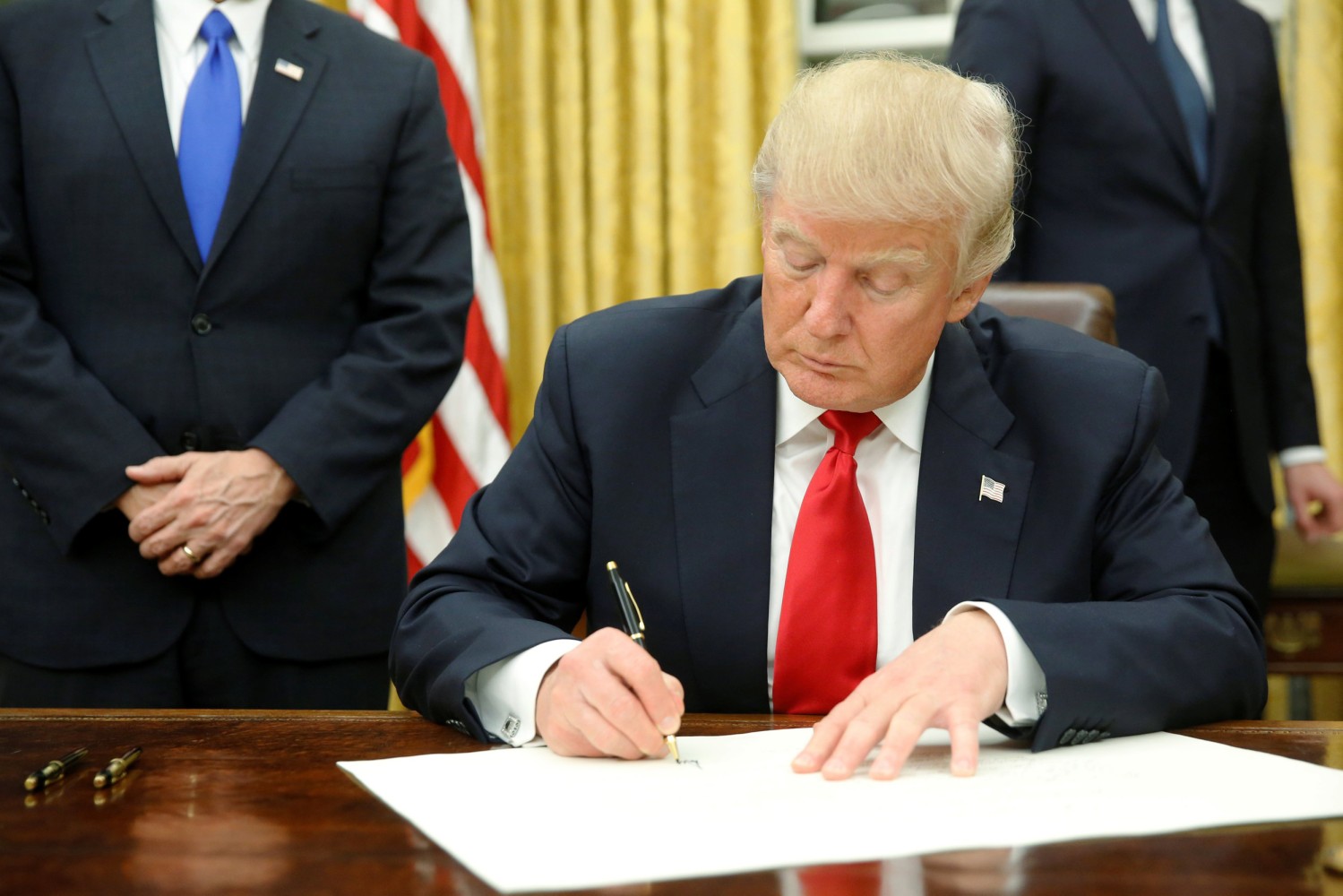
President Donald Trump was officially inaugurated for a second term today and wasted no time in making his presence known. He quickly enacted a series of executive orders, including declaring a national emergency at the southern border and renaming the Gulf of Mexico to Gulf of America. In addition, he fired four senior government officials appointed by Joe Biden and threatened to impose tariffs on Mexico and Canada. The controversy surrounding his inauguration continues to escalate as video footage of tech billionaire Elon Musk's "Nazi" gesture at a Trump rally surfaces. Amidst all this activity, Trump's return to power marks a significant moment in American history, as he becomes only the second president to hold non-consecutive terms.
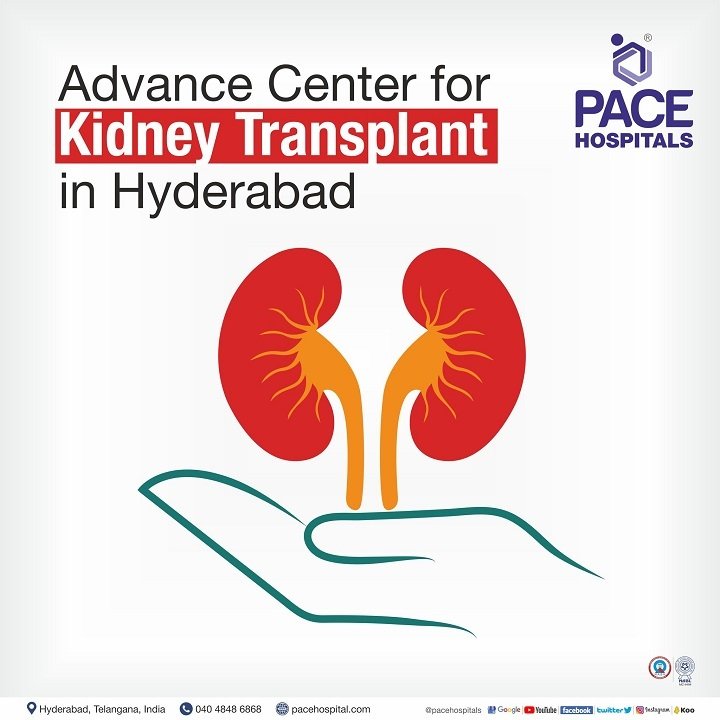
A shocking kidney transplant racket was uncovered in a joint raid conducted by law enforcement and health authorities at Alakananda Hospital in Hyderabad's Doctors Colony. The hospital staff allegedly lured women with promises of financial gain and illegally conducted organ transplants. One person has been arrested and four critically ill donors have been rushed to another hospital. The incident has prompted calls for stricter monitoring of hospitals allowed to perform organ transplants.

As the Delhi Assembly elections approach, the BJP is gearing up for a series of rallies to attract Purvanchali voters. The rallies will feature top leaders including PM Narendra Modi, CM Yogi Adityanath, and other prominent Purvanchali faces. The party is also set to organize bike rallies and attract support from various states, with UP CM Yogi Adityanath expected to address 14 rallies in Delhi.